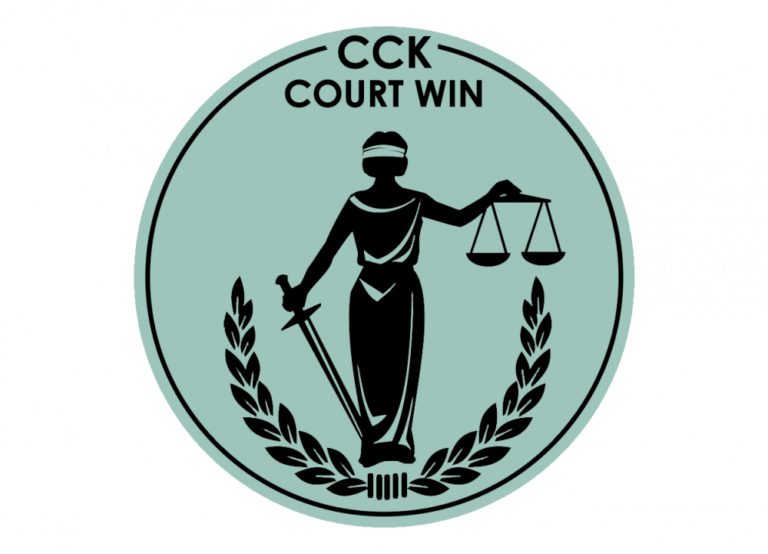Board prematurely denied entitlement to extraschedular referral for the Veteran’s bilateral hearing disability

CCK Law: Our Vital Role in Veterans Law
Summary
The Veteran honorably served in the United States Navy from 1968 to 1988. He received several commendations for his 20 years of service. During service, he served as a projectile loader and experienced acoustic trauma from the firing guns.
After service, the Veteran noticed his hearing progressively worsening. In 2004, the Veteran filed a claim for service connection for his hearing loss which the Regional Office granted the same year. His bilateral hearing disability continued to worsen and his family became frustrated with him. At work, he struggled to hear the two-way radio. His coworkers also complained that his hearing affected his work.
In 2006, the Veteran filed an increased rating claim which the VA denied. The Veteran filed for an increased rating again in 2009, only to receive another denial. In response, he filed a timely Notice of Disagreement, and in September of 2010 he submitted a VA form 9. His appeal eventually reached the Board which remanded his claim for bilateral hearing loss in June 2014.
Board denied the Veteran a compensable rating for his bilateral hearing disability
On October 27, 2016 the Board denied the Veteran’s increased rating claim for his bilateral hearing disability. While it found that his schedular rating adequately compensated the Veteran for his hearing loss, it also remanded the issue of TDIU for further development. With CCK’s help, the Veteran appealed this decision to the Court of Appeals for Veterans Claims.
CCK appeals to Court and the CAVC agrees with CCK’s arguments
CCK argued that the Board prematurely denied entitlement to extraschedular referral for the Veteran’s bilateral hearing loss because it also remanded the issue of TDIU. The Court agreed, holding that further development regarding the effects of all of the Veteran’s service-connected disabilities created the strong possibility that additional evidence would be developed to support his hearing loss claim. The Court found that if the ordered VA examination for the issue of TDIU also addressed the functional effects of his hearing loss, the Veteran’s extraschedular claim may be substantiated. Therefore, the Court vacated the Board’s decision and remanded the Veteran’s claim for further adjudication.
About the Author
Share this Post
